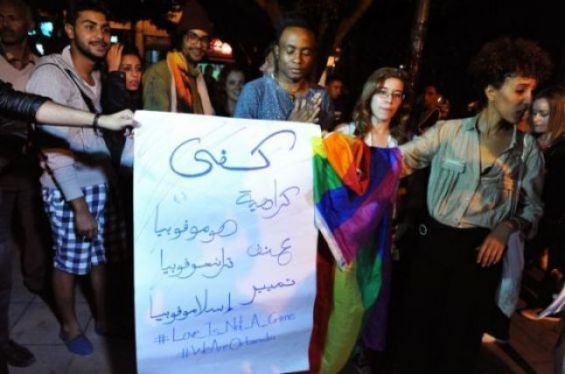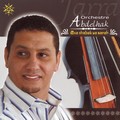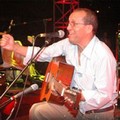The coronavirus health crisis has been tough on Morocco’s LGBTQI+ community, according to a survey by the Nassawiyat collective. Entitled «Loubya in Time of Corona», the report documents the situation of the LGBTQI+ community in Morocco during the pandemic.
The collective, which interviewed members of the LGBTQI+ community in Morocco and LGBTQI+ civil society organizations, reports that the Covid-19 «has been financially challenging as many queer Moroccans lost their jobs during this time». «It is already hard for queer people in Morocco to find employment in regular times given the latent homophobia and lack of legal protection», the collective regretted.
A «hurtful outing campaign»
Extensive violence, discrimination and abuse have also been reported during the same period. «Intercity travel was limited which severely hindered the ability of queer Moroccans to leave the abusive environments that they were forced into», the document added.
Unfortunately, this situation was aggravated by a «hurtful outing campaign» that took place during the coronavirus lockdown. Initiated by a transgender influencer on social media, heterosexual people downloaded queer dating applications for the sole purpose of obtaining the identity of queer people nearby but also to ask them for photos and send them to others and post them to the internet (especially Facebook), recalls Nassawiyat.
As a result, «many victims of this campaign were blackmailed, fired from their jobs, threatened and kicked out of their houses, and at least one queer Moroccan died by suicide following their outing».
Institutional, social and family violence
The report also denounces «institutional violence from the authorities», citing the case of A.N. The young Moroccan artist decided to file a complaint against the aforementioned campaign's instigator, Sofia Taloni. «The policemen claimed that his Covid-19 circulation permit was not appropriately filled and arrested him, holding him in custody for 2 days during which his rights were repeatedly denied», the report recalled.
In October 2020, A.N. was given a four-month suspended prison sentence and a 1,000 dirham fine for «contempt against an officer/disrespect offense». «His case shows how the police is a source of additional violence and discriminations for queer communities in Morocco», the report argued.
Moreover, the report refers to societal violence from within the family circles, citing the case of Adam Muhammed, who filed a complaint against Moroccan journalist Soulaiman Raissouni. According to the collective, he «faced an enormous backlash: media outlets shared their picture and personal Facebook account, and their full legal name, address, and pictures were shared on numerous social media platforms».
The report finally highlights the momentum of solidarity within this community, recalling that «many LGBTQI+ civil society groups have been in the frontlines to respond not only to cases of queer individuals who have been impacted by the Covid-19 pandemic, but also to survivors of violence due to outing and hate speech campaigns».





 chargement...
chargement...













